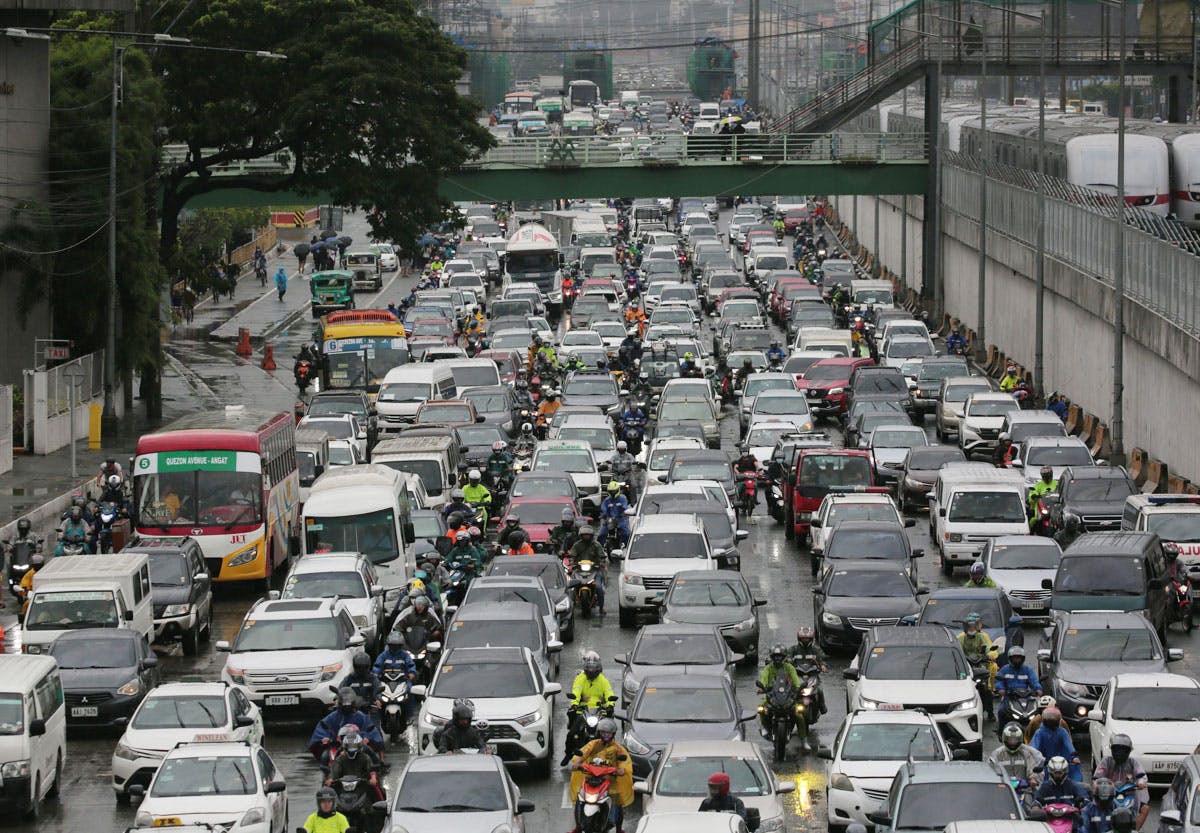Does it feel to you like commuting in Metro Manila is still a struggle post-COVID-19? You’re not alone.
Manila has been ranked as the ninth most congested cities in the world for 2024 in terms of average travel time per 10 kilometers; percentage of congestion level, time lost per year and average speed, according to ADDA24/7, India’s largest vernacular learning platform backed by marquee investors like Google.
Topping the list was London (UK), followed by Dublin, Ireland; Toronto, Canada; Milan, Italy, Lima, Peru; Bengaluru, India; Pune, India; Bucharest, Romania, Manila Philippines and Brussels, Belgium.
A thorough analysis of 387 cities across 55 nations revealed London as the pinnacle of congestion with an average travel time of 37 minutes and 20 seconds, said the ABBA24/7 report.
Urbanization has brought unprecedented conveniences but also led to increasing traffic congestion plus the hustle and bustle of daily life led to such challenges making it crucial to identify and address the most congested urban areas.
London retained its status as the most congested city globally, with an average travel time of 37 minutes and 20 seconds per 10 kilometers.
Despite a slight increase in congestion, commuters in London lose a staggering 148 hours annually due to traffic, moving at an average speed of 14 km/hr.
The city’s persistent congestion at a level of 45 percent underscores the challenges faced in managing urban mobility and transportation systems.
Dublin came close with a 1-minute increase in travel time and 158 hours lost yearly at 16 km/hr.
Toronto, Milan and Lima also grapple with severe congestion, reflecting the global challenge of urban traffic management.
Impacts
Problems associated with congested cities include: air pollution, increased travel time, stress and road rage, environmental degradation; strain on infrastructure and public health.
High levels of air pollution from vehicle emissions adversely impact public health and the environment, the study said.
Longer travel time leads to reduced productivity and reduced quality of life, particularly for commuters.
Congestion adds to stress and frustration among drivers, causing aggressive driving behavior and road rage.
Increased idling of vehicles from congested traffic adds to greenhouse gas emissions and environmental degradation and exacerbates climate change concerns.
Traffic congestion puts strain on existing transportation infrastructure, leading to deterioration of roads and bridges and increasing maintenance costs.
And poor air quality because of congestion leads to respiratory ailments, cardiovascular diseases and other health issues among residents.
#WeTakeAStand #OpinYon #ADDA247 #Google

